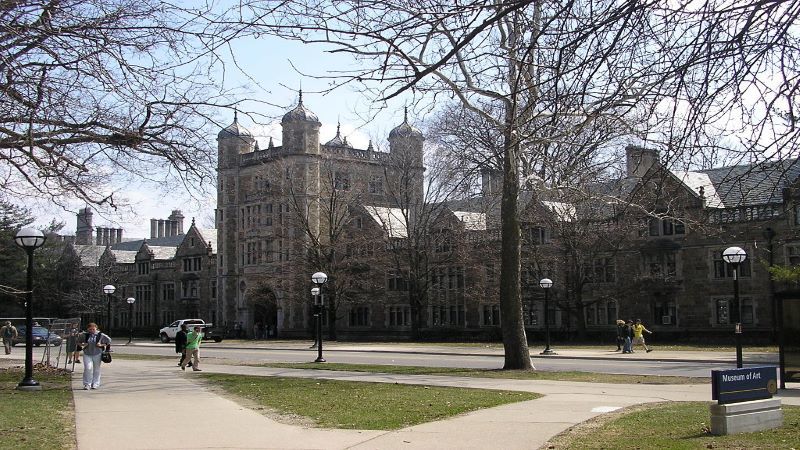The University of Michigan | Wikimedia Commons
The University of Michigan | Wikimedia Commons
Two University of Michigan professors helped establish a volunteer collective seeking scientific information on how to best decontaminate medical N95 masks used by health care professionals during the current COVID-19 pandemic.
Kevin Fu, associate professor of electrical engineering and computer science, and Nancy Love, Borchardt and Glysson Collegiate professor of civil and environmental engineering, are part of N95DECON.
“N95DECON seeks to review, collate, publish and disseminate scientific information about N95 decontamination to help in decisions about N95 decontamination and reuse,” the consortium said on its website.
Fu told MLive that N95DECON examines how to decontaminate reused masks when there aren’t fresh masks. Fu said that hospitals should choose their own decontamination methods based on their individual circumstances.
Love told MLive that research into the novel coronavirus's behavior on masks is important because it’s not known if it behaves the same way on masks as it does in fluids.
Engineers, scientists, clinicians and students from U.S. universities and private-sector professionals are part of N95DECON.
N95DECON meets online to address shortages of personal protective equipment, including medical N95 masks, by researching how to best decontaminate equipment so that it may be safely reused.
The CDC (Centers for Disease Control and Prevention) defines the N95 mask as a “particulate filtering facepiece” respirator that filters at least 95% of airborne particles.
The CDC also said it’s thought that COVID-19 spreads mainly through close person-to-person contact in which respiratory droplets from an infected person may land in someone else’s mouth, nose or lungs by inhalation.
“On March 31, 2020, the CDC released Crisis Standards of Care Recommendations for N95 Decontamination. In this time of crisis, hospitals and clinics in the U.S. and around the world would need to decide on the best risk-management approaches to protect their medical staff since there is a limited supply of new N95s,” according to N95DECON.
The CDC recommends that used respirators be hung in a storage area or kept in a clean, breathable container such as a paper bag between uses, according to “Recommended Guidance for Extended Use and Limited Reuse of N95 Filtering Facepiece Respirators in Healthcare Settings."
N95DECON has been able to publish its own report that examines strengths and weaknesses of three methods of N95 decontamination, which are hydrogen peroxide vapor, heat and ultraviolet C treatments.
“This report complements the new CDC recommendations by providing health care personnel with a data-driven fact sheet and detailed overview for each of three recommended methods,” N95DECON reads.
N95DECON also wants to conduct future joint research projects to address other knowledge gaps it identifies.
Additionally, the Extension Food Processing Innovation Center at Michigan State University is working with Sparrow Health System on a new method to reuse N95 masks. A test of a decontamination method involved heating masks to kill viruses and bacteria and then sealing them in individual bags for three days.






 Alerts Sign-up
Alerts Sign-up